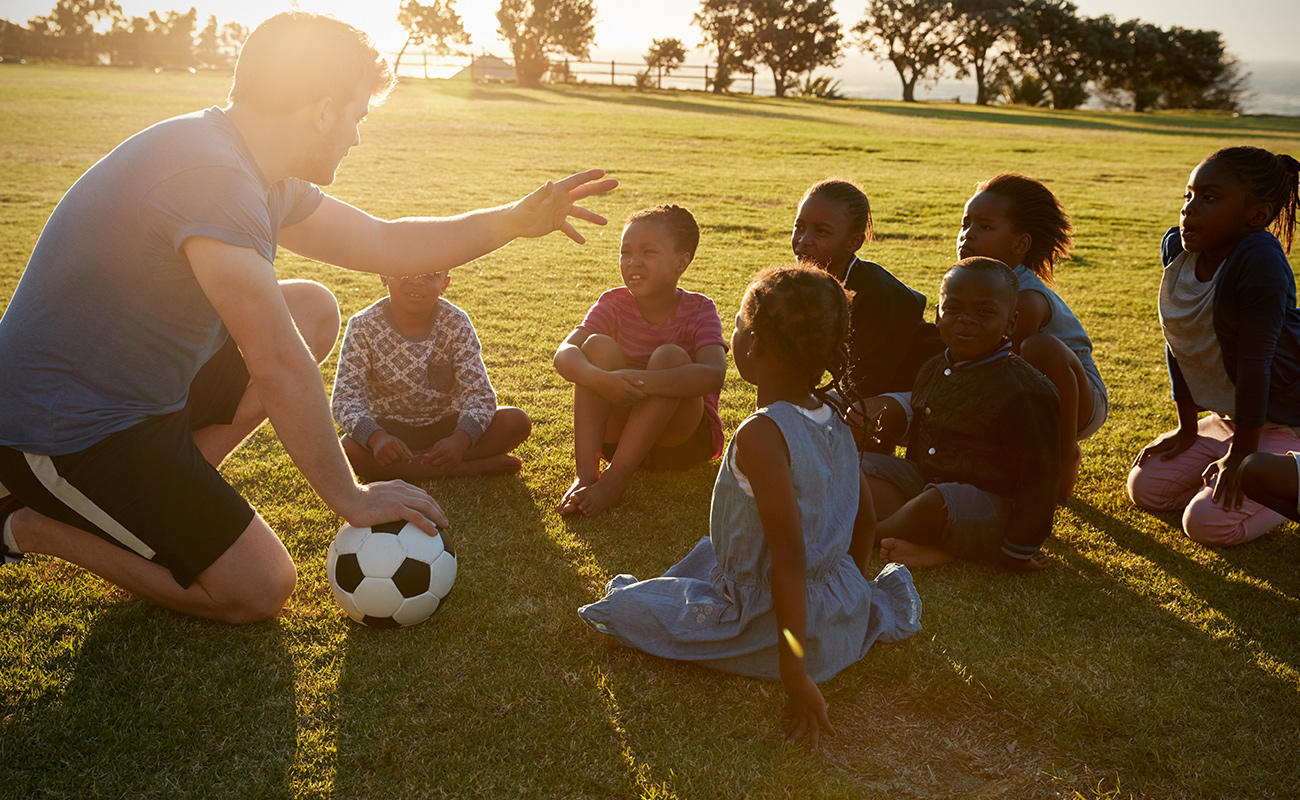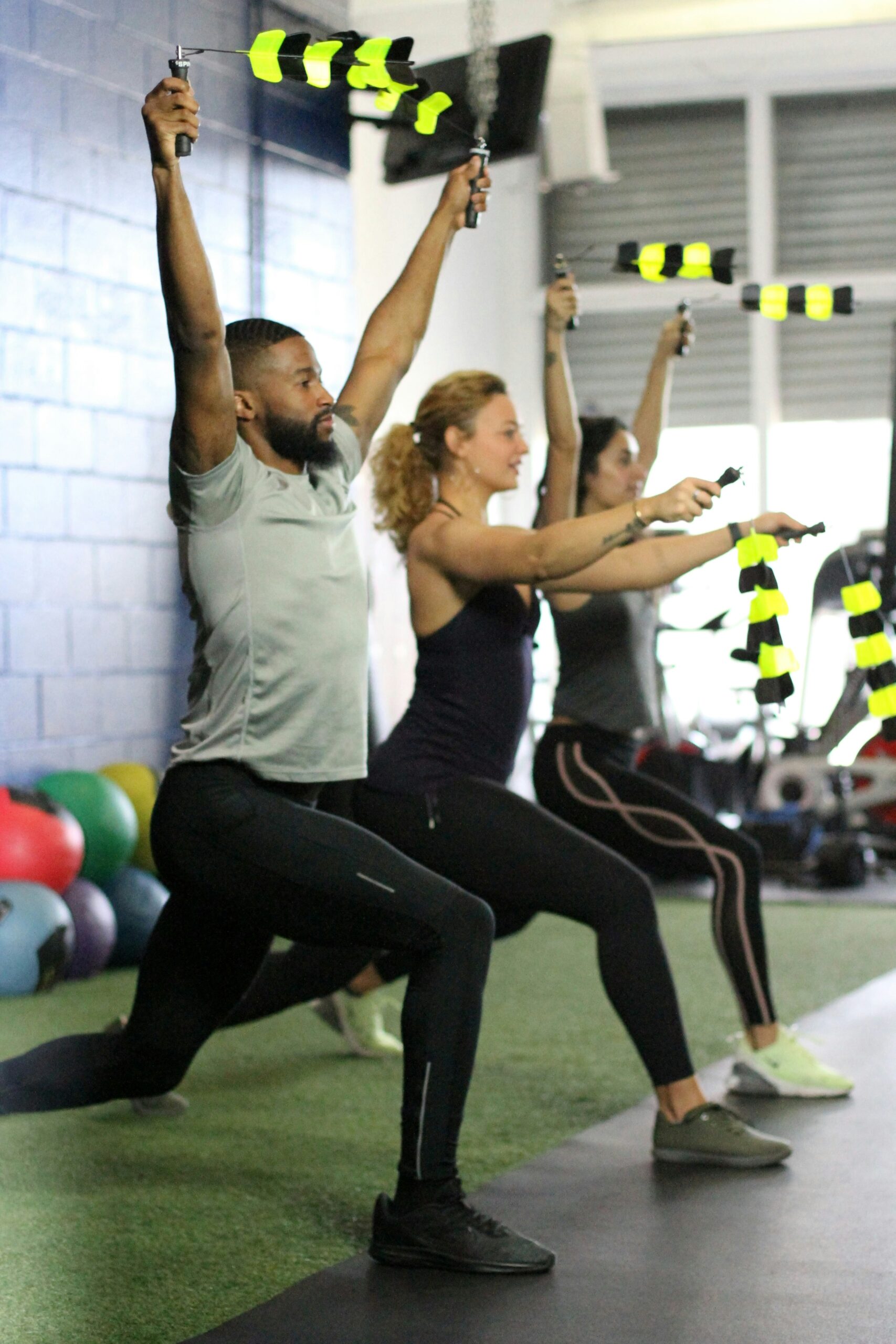Early Years Group: Response to the Ofsted publication ‘Bold Beginnings’

The IPLA Early Years Group is a group of mixed professionals made up from experienced, well qualified representatives across the Early Childhood Education sector. Inspired by the 2017 IPLA Conference, the group held its first meeting in London last month, and discussed many great ideas and examples of good practice regarding physical literacy in early years. With the timely release of Bold Beginnings, the report was also discussed, and the groups response features below.
On November 3oth 2017, Ofsted published ‘Bold Beginnings: The Reception Curriculum in a sample of good and outstanding primary schools’. As a group, we have serious concerns about the content of this document. Since the publication of the report, there have numerous online responses, many of which we agree with. We feel that it is important to add to these and highlight the apparent lack of understanding (or acknowledgement) of the importance of physical activity in young children.
Physical Literacy can be described as the motivation, confidence, physical competence, knowledge and understanding to value and take responsibility for engagement in physical activities for life
(IPLA 2017)
At present the Statutory Framework for the Early Years Foundation Stage (2017) states:
- Physical development involves providing opportunities for young children to be active and interactive; and to develop their co-ordination, control, and movement. Children must also be helped to understand theimportance of physical activity (6), and to make healthy choices in relation to food
The footnotes reads (6) The Chief Medical Office has published guidance on physical activity that providers may wish to refer to, which is available at www.gov.uk/government/publications/uk-physical-activity-guidelines
These guidelines state:
- Children of pre-school age who are capable of walking unaided should be physically active daily for at least 180 minutes (3 hours), spread throughout the day.*
- All under 5s should minimise the amount of time spent being sedentary (being restrained or sitting) for extended periods (except time spent sleeping).
* Most UK pre-school children currently spend 120–150 minutes a day in physical activity, so achieving this guideline would mean adding another 30–60 minutes per day.
And:
- All children and young people should engage in moderate to vigorous intensity physical activity for at least 60 minutes and up to several hours every day.
- Vigorous intensity activities, including those that strengthen muscle and bone, should be incorporated at least three days a week. 3. All children and young people should minimise the amount of time spent being sedentary (sitting) for extended periods
However, in 2015, 91% of children in the Early Years failed to meet this recommendation (HSE, 2015). It is increasingly clear that – although a Prime Area – Physical Development is not well understood. And it is not an explicit focus of Ofsted inspections. It is evident from the ‘Bold Beginnings’ Report that none of the above has been reflected. It is difficult to find any references to physical competence, apart from:
- ‘Taught to sit correctly at a table’
- ‘Taught correct pencil grip’
- The outdoors is used to help children ‘develop physical skills’, ‘ride bikes and climb’
As the driving force of the report is based in literacy and maths, coupled with illustrations of sedentary children and teacher-led activity, the vital importance of developing Physical Literacy, including the key roles of physical activity and active play in the development of physical competence, is lost. The IPLA Early Years Special Interest Group urges Ofsted, The Secretary of State for Education and the Department for Education to acknowledge the vital roles of physical, social and emotional development as well as cognitive development.
We move to make sense of the world, understand and learn to value the primacy of movement ‘in our lives, energise our lives to create a healthy mind and body and to provide the enabling conditions to support learning and appreciate and value the potential of moving and movement to enrich our lives…we call this Physical Literacy.




